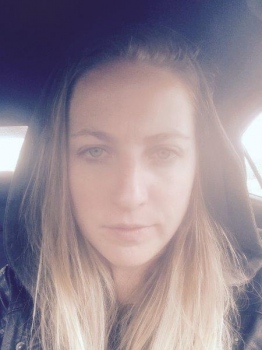Amy Kirsling
Photographer / Based in Paris, France
Amy Kirsling is Executive Director of the International Research Consortium for Complex Regional Pain Syndrome (IRC), Senior Regulatory Coordinator for the Obstetrics and Gynecology Department at Northwestern University, a business development consultant, writer and photographer. Her purpose and passion are creating, developing, and leading missions that strengthen underserved populations and communities. Amy strongly believes in the importance of dialogue, collaborations between people, the environment, and creativity to produce positive social change. She uses the mediums of photography and writing to convey this in her works.
Amy began her career as a case manager for homeless individuals diagnosed with mental illnesses. She built collaborations within the community to educate homeless individuals to become independent in society and worked one on one with individual clients. She initially started her career in pursuit of becoming a mental health counselor, but discovered a passion in service to her community by improving programs. She moved to Chicago to pursue her Master’s Degree in Public Administration (MPA) at DePaul University to obtain necessary experience to achieve this goal.
While obtaining her MPA, Amy was a program coordinator for a literacy organization, SitStayRead. As part of her degree program she developed a strategic plan for the Diabetes Scholar Fund, a feasibility scan for bike lanes for the Rogers Park Business Alliance, and a needs assessment for FORWARD, an obesity alliance in Chicago.
Upon graduation, Amy started to manage the Center for Pain Studies Lab at the Rehabilitation Institute of Chicago and aided the development of a severity score for Complex Regional Pain Syndrome (CRPS) the CRPS Recovery project, and the development of COMPACT, a core set of outcomes for CRPS research. She has helped develop the IRC in its early stages and continues to build efforts in the hopes of finding causes and cures for CRPS.
Her artistic works aim to make the observer question the meaning of life's most obscure questions in a methodological way.
